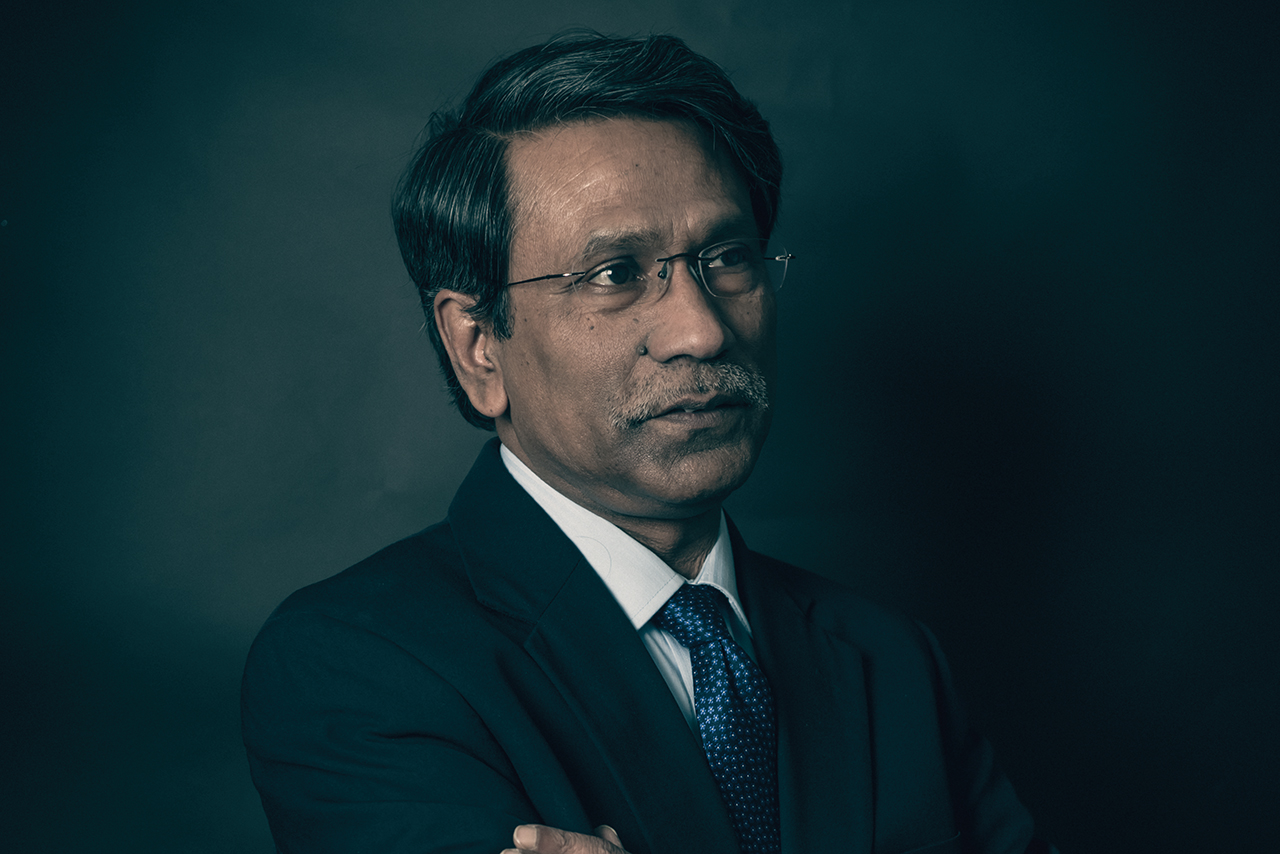Several international media outlets have quoted Distinguished Professor Ali Riaz on the announcement of the election schedule in Bangladesh. The country’s Election Commission announced that the parliamentary elections will be held on January 7, 2024, despite protests from opposition parties.
Riaz, speaking to Nikkei Asia, said that the unilateral announcement “reflects the wishes of the current government and shows it does not want an inclusive election.” The opposition parties are demanding that the incumbent Sheikh Hasina government resigns and that the election be held under a neutral government, which the government has rejected.
“This will plunge the country into a deeper political crisis with serious implications for the fragile economy,” Riaz told Nikkei Asia.
He added that it appears Bangladesh is on course to repeat the widely questioned 2014 and 2018 elections, and that “a non-inclusive, engineered election in 2024 will be far more consequential than the past two. The future of the multiparty system in Bangladesh and its international alignment are hanging in the balance,” a reference to ties with the U.S. The U.S. has clearly signaled it will not tolerate an unfair race.
“This election, if held unilaterally, will change the course of the country’s future,” Riaz said.
Riaz is also quoted in a report by Al Jazeera on the possible economic consequences of the current political impasse. He told Al Jazeera that the absence of an inclusive democratic system and pursuing cronyism have led to the economic crisis of Bangladesh.
“The ruling party needs to understand that stubbornness, use of brute force, silencing opposition, and machination may provide an aura of invincibility, but they do not deliver a solution to the economic crisis,” Riaz said. “Blaming the opposition or the global economy will not put an end to it.”
A report on the reactions to the threats against the U.S. ambassador to Bangladesh Peter Haas by a ruling Awami League leader has been published by the Voice of America (VOA). In a video clip that went viral on social media last week, a local level leader of the Awami League was seen hurling threats and insults at the American ambassador at a political meeting.
Riaz described this incident and growing anti-American diatribe of the ruling party supporters as “disturbing.” He said that while any individual has the right to criticize the policies of any government, a “personal attack on the envoy of that country is deeply disturbing. The ruling party leaders and activists are angry with the U.S. because they see the current U.S. policy towards Bangladesh as an obstacle to holding an election according to their plan. Their anger is both spontaneous and orchestrated,” Riaz told VOA.

